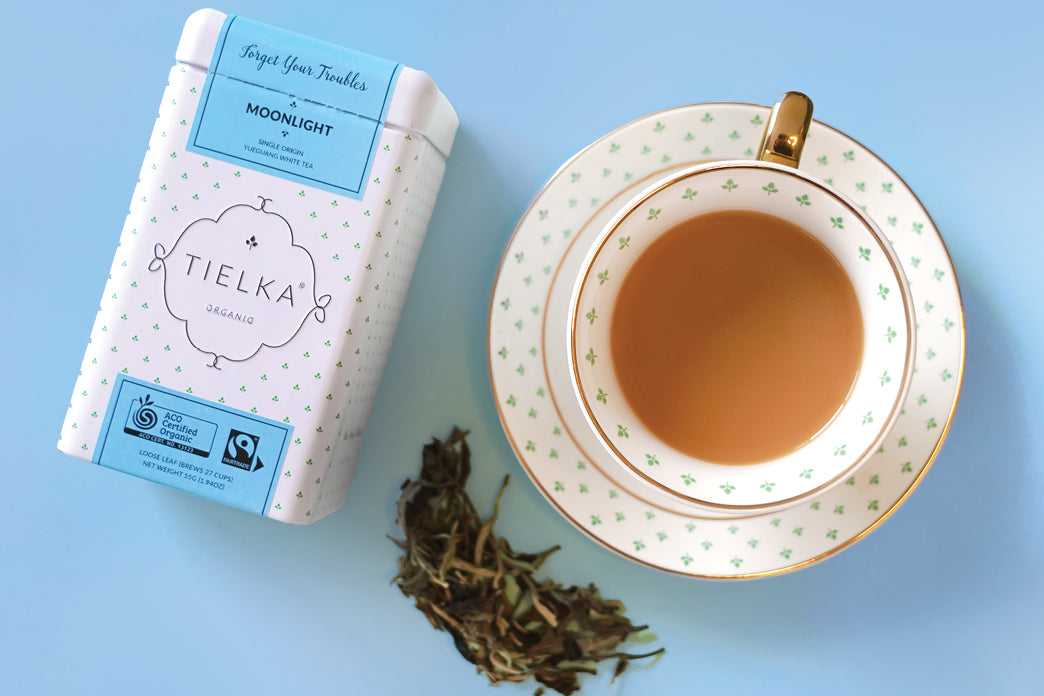Do you inwardly cringe when someone refers to peppermint as tea?
Have you ever wondered why some brew tea, while others infuse, or even steep tea?
There is great debate about the correct terminology when it comes to tea, herbs, botanicals, and proper preparation thereof.
And as with most tea lovers, the great debate exists almost entirely within a few vexing thoughts.
So, to put some of those vexing thoughts at ease, we thought we'd clarify a few things for you.
What's the difference between tea and an infusion?
Tea
The word tea can refer to two things:
1. a hot drink made by infusing processed leaves of the camellia sinensis plant in water
2. the processed leaves of the camellia sinensis plant
Camellia sinensis is what makes tea, tea!
Camellia sinensis is the wonderful plant that produces white tea, yellow tea, green tea, black tea, oolong tea, and pu-erh tea.
That's right, they all come from the same plant (yes, there are some subvarieties better suited to producing particular tea varieties), they are just processed differently.
And yes, peppermint is definitely not tea.
Infusion
The word infusion can refer to three things:
1. a hot drink made by infusing plant materials in water, which may include tea
2. processed plant materials, which may include tea e.g. lemongrass, ginger, lemon myrtle, which create Lemon Ginger Herbal Infusion
3. the process of extracting flavours and compounds from plant materials into a liquid by allowing the materials to remain in the liquid for some time, otherwise known as "brewing" or "steeping"
For a brain-tease, tea is an infusion, but an infusion is not necessarily tea.
Are tea infusions good for you?
Simple answer, yes.
Tea is known for having countless health benefits, including supporting heart health, reducing the risk of serious diseases and illnesses such as cancer, diabetes, stroke, improving brain function, concentration, supporting mental health, the list is endless.
Other plant materials, such as herbs, spices, roots, fruits also have a plethora of health benefits.
There are some plant materials that need to be treated with caution, but the vast majority of commercial tea infusions are completely safe, and very good for you.
Are cold tea infusions good for you?
Simple answer, also yes! Cold tea infusions have the same health benefits as hot tea infusions with some added extras. The most notable advantage of a cold tea infusion is that less caffeine is extracted during the infusion process (see our Cold Brew Iced Tea Recipe).
How long can you wait between tea infusions?
It is recommended you re-infuse leaves within 5-10 minutes of your first infusion. This is not always possible, as you still may be sipping your cup a half hour after infusing your leaves, so we suggest not leaving your leaves any longer than two hours before re-infusing.


